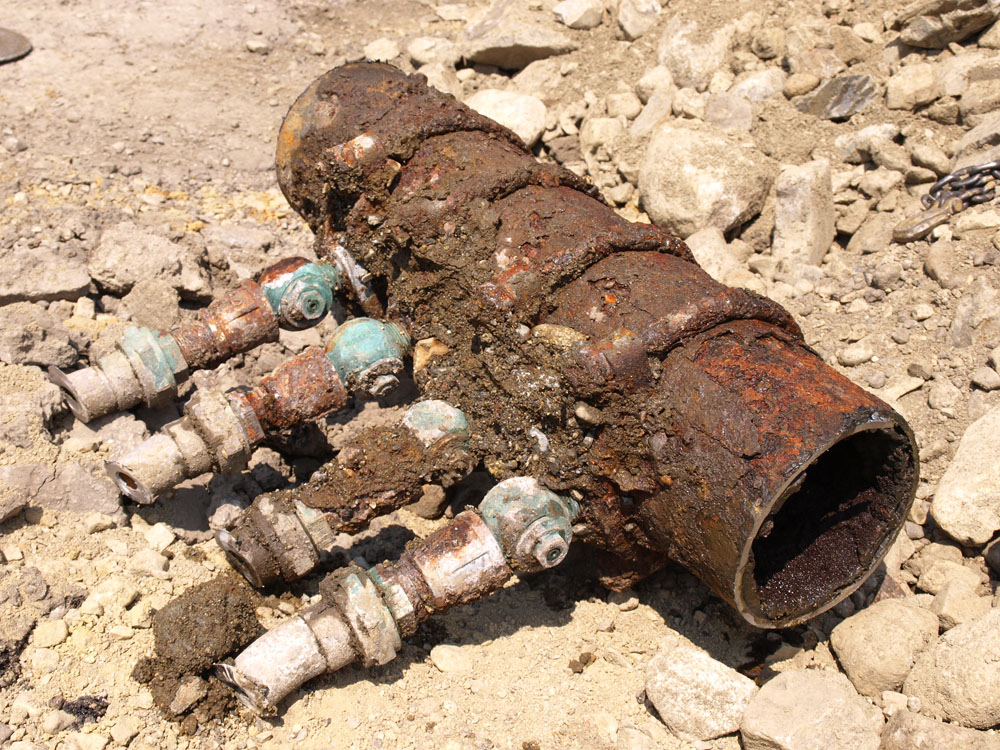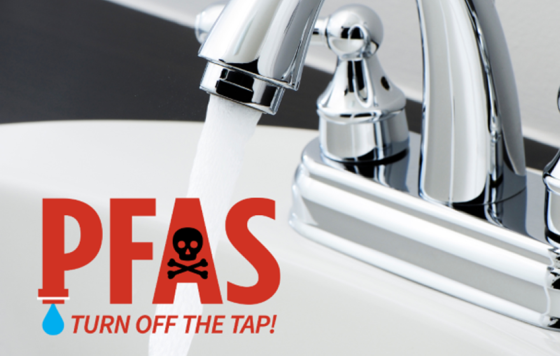
On September 6, 2019 Denver Water submitted its final Lead Reduction Program Plan to the U.S. Environmental Protection Agency (EPA). This groundbreaking plan is an alternative to a mandate from the Colorado Department of Public Health and the Environment (CDPHE) that Denver Water treat its water with orthophosphate. Orthophosphate is an effective corrosion-control inhibitor that coats lead service lines and plumbing to reduce the corrosion that causes lead to get into drinking water. Unfortunately, using it adds excessive nutrients to streams and reservoirs that can trigger harmful algal outbreaks and other downstream water quality concerns.
Denver Water’s Lead Reduction Program Plan is the culmination of a rigorous, 18-month-long stakeholder process that included federal, state, and local agencies, wastewater and drinking water utilities, and environmental and conservation organizations. Clean Water Action staff attended numerous stakeholder meetings and submitted a letter of support for Denver Water’s July 2019 draft plan. We strongly support the revised plan and are pleased that Denver Water incorporated many of our recommendations into its final proposal to EPA.
Clean Water Action supports Denver Water’s Lead Reduction Program because it:
-
Goes after the source of lead instead of just treating the symptoms: Fully replacing all known lead service lines in Denver Water’s service area within 15 years will permanently eliminate the largest source of lead in drinking water from its service area. The most effective and sustainable way to limit exposure to lead in drinking water is to remove lead at the source, which, for lead in drinking water, means fully replacing all lead service lines.
-
Provides health protection while customers wait to have service lines replaced: To address concerns that some residents may have to wait up to 15 years to have their lead service lines replaced, Denver Water will provide filters that reduce lead by 97 percent for all customers with known, suspected, or possible lead service lines until six months after their lead service line is replaced.
-
Focuses on health equity and environmental justice: By replacing lead service lines at no-cost to the property owner, all Denver Water customers with lead service lines will have equal access to the health benefits of full lead service line replacement, regardless of their ability—or their landlord’s ability— to pay. Woven into its plan are health equity and environmental justice principles to ensure all impacted residents have equal access to the benefits of reduced lead exposure.
-
Prioritizes protecting the most vulnerable: Infants and children are among the most vulnerable to lead exposure and Denver Water will work to identify daycare centers, schools, and areas with young families in order to prioritize these vulnerable populations for filter distribution and lead service line replacement.
-
Ensures impacted community members a seat at the table: Meaningful community engagement is vital to the success of this plan. Upon EPA/CDPHE approval, Denver Water will form an Advisory Committee to guide the effective implementation of the plan. Representatives from impacted communities, with a focus on representation from underserved communities, will be included on this committee.
-
Protects water quality and the environment: An unintended consequence of orthophosphate treatment is that it can threaten water quality in nearby surface waters by increasing phosphorus levels that can harm fish, wildlife, recreational users, and downstream water systems. The Lead Reduction Program avoids this unintended consequence by preventing the introduction of an additional source of phosphorus into rivers, streams, and reservoirs.
Protecting all of our communities from lead exposure must be a top priority. We also must continue to make progress toward reducing nutrient pollution in our rivers, streams, and reservoirs. Denver Water’s Lead Reduction Program offers a holistic approach to lead reduction that will protect public health more than orthophosphate treatment alone, while also preventing the addition of phosphorus pollution into regional watersheds.
Your voice is critical!
The feedback Denver Water receives by Thursday, October 10 will be presented to EPA and CDPHE to inform their decision on whether or not to approve Denver’s plan. Please submit a comment of support using this easy online form or by emailing a comment letter to lead@denverwater.org Use the subject line "Comments on Lead Reduction Program."



